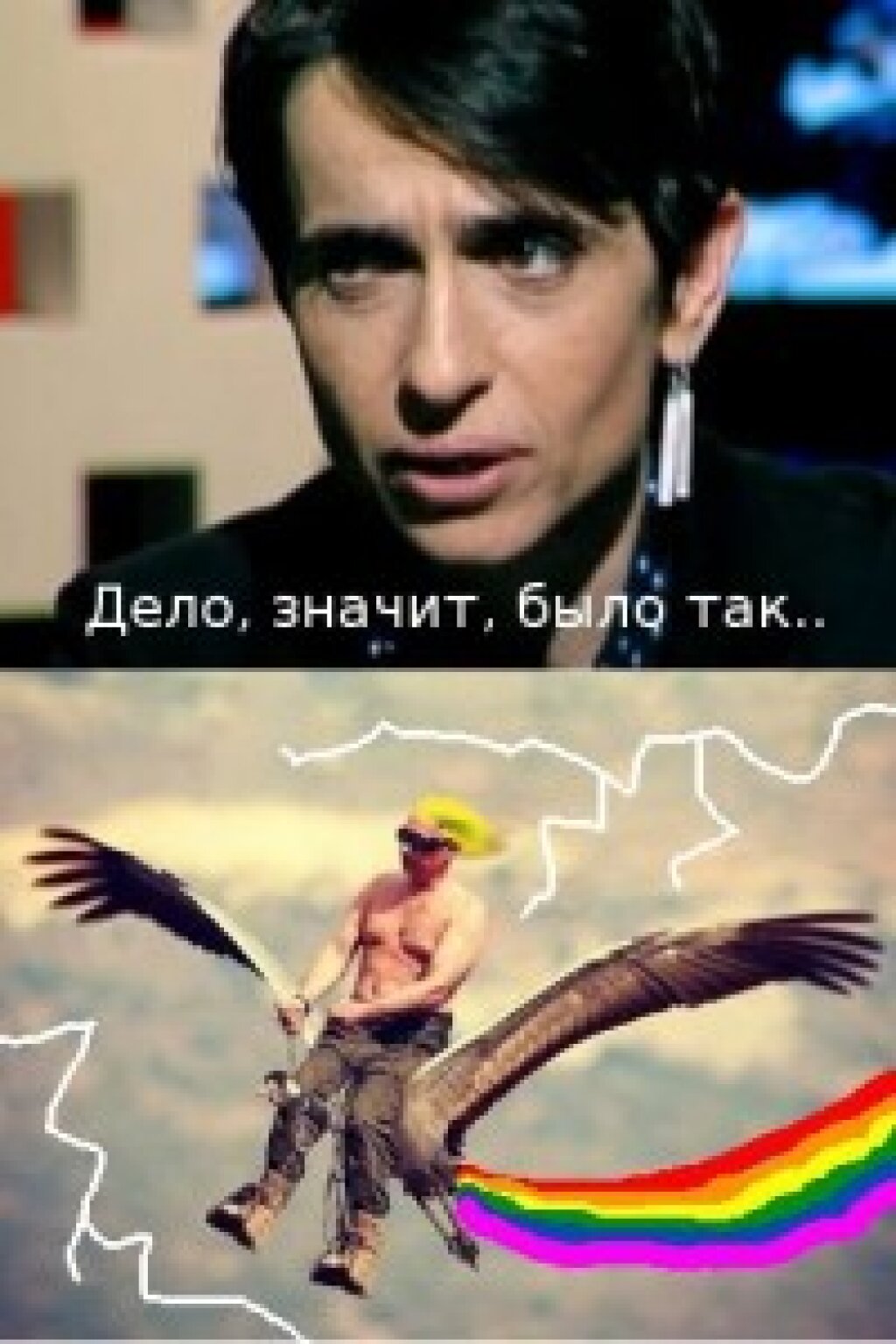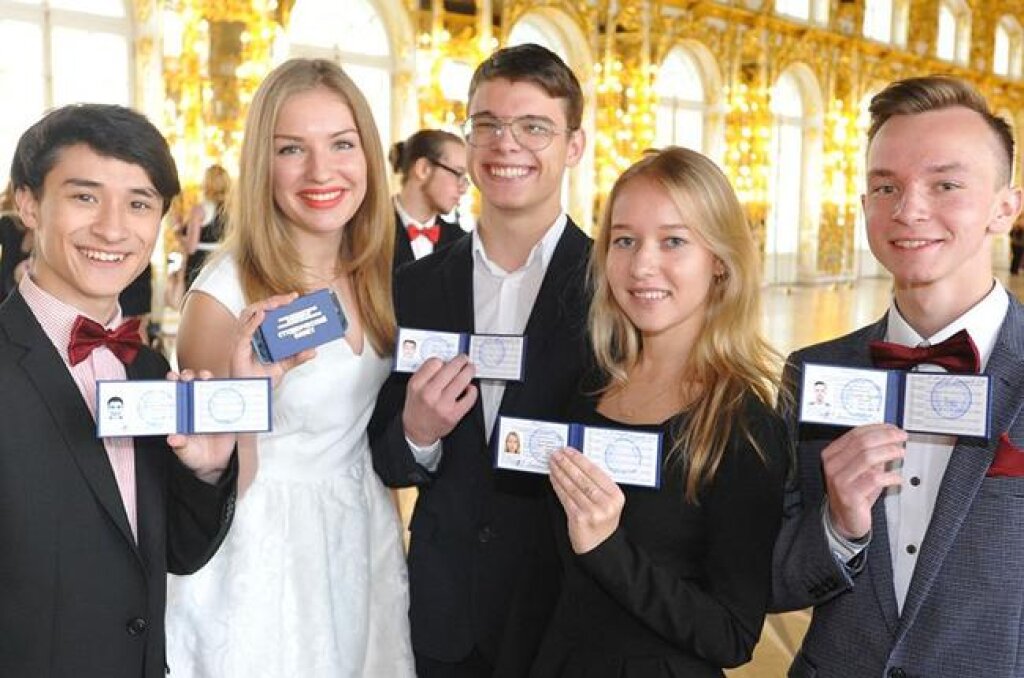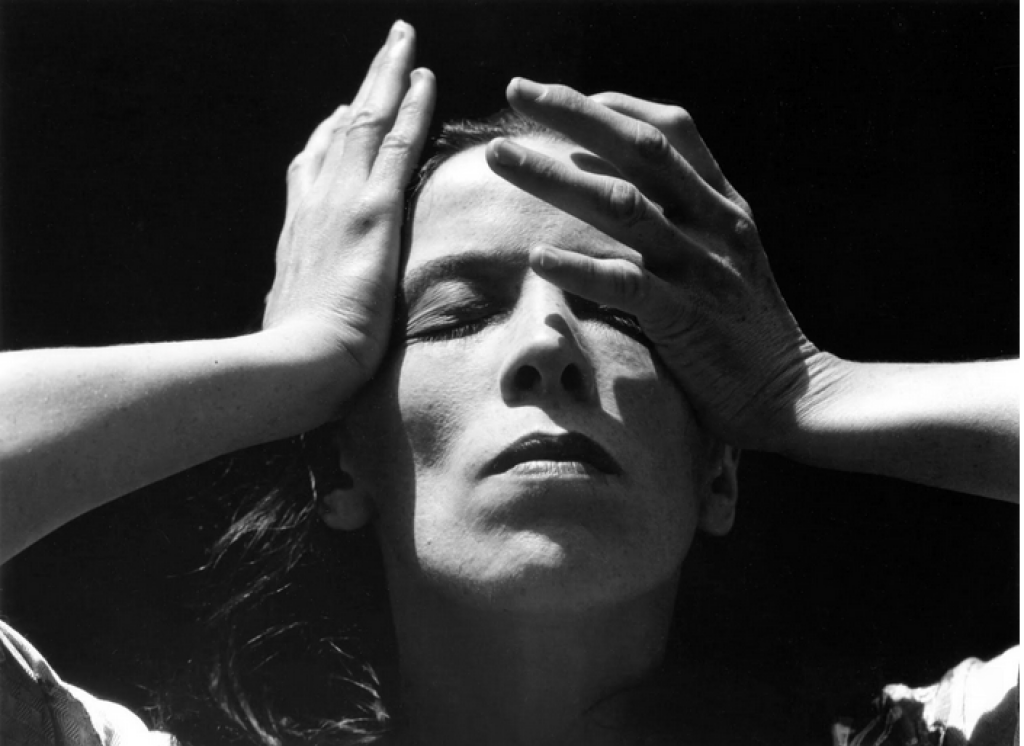Authoritarian Fun Fact: when the political culture and mechanisms of power all revolve around one man (sexist language intended), the accidental consequences of that man's actions can be both disheartening and hilarious (when they are not tragic and reprehensible).
For evidence, we need look no further than the fallout from Vladimir Putin's aerial reinterpretation of Make Way for Ducklings. [For a refresher course on Jonathan Livingston Putin, see my previous post]. This latest in a long series of media stunts has repercussions that include an editorial shake-up on the Russian equivalent of National Geographic, a surreal meeting between Putin and one of his better known critics, and further adventures in quirky transportation. Rest assured that no real birds were harmed in the making of this particular story.
Masha Gessen is a widely respected journalist, who stands out from the crowd in every possible way. Bilingual and bicultural, an LGBT activist and the author of a relentlessly critical biography of Russia's once and future president, Gessen was never on anyone's list of Journalists Most Likely to Get an Invitation from Putin. And yet, invited she was.
Our story begins when Gessen, the editor of the venerable geography magazine Vokrug Sveta (Around the World), is fired by her publisher for refusing to send a reporter hundreds of miles across the country to cover Putin's adventures in midair ornithology. Soon after, Gessen is riding in a taxi in Prague when she receives a mysterious call informing her to "wait to be connected." The eventual caller identifies himself as Vladimir Vladimirovich Putin, thereby placing Gessen in a position of deep uncertainty: is this a prank, or could it actually be the Russian president? It's difficult to imagine a response that could serve equally well in each scenario.
Speaking in a 30-minute interview on the independent television station Dozhd', Gessen describes her situation with her usual clarity, explaining that the call turned out to be real. Soon she found herself bicycling through Moscow to her meeting at the Kremlin, where she and her former publisher were given a bizarre audience with the president. Putin offers Gessen her old job back, after asking if it might not be more advantageous for her to play the role of "victimized journalist." She also explains to Putin her reasons for refusing to cover the president's exploits: his previous animal escapades have been harmful to his nonhuman partners.
Other media outlets have covered the "freedom of the press" and "animal protection" angles of the story, but what interests me most is the question of telling stories with and without Putin. "Russia without Putin" is one of the enduring slogans of the Year of Protest, yet the president looms over all too many stories even in his absence.
Gessen's meeting with Putin has a high irony-per-minute ratio. The pretext involves Gessen's refusal to write about Putin, leading to a meeting at which the president regrets the distortion effect his involvement has on his pet causes. On Dozhd', Gessen's interlocutor is hungry for details about the man and his words. As a result, 30 minutes of television (not to mention numerous newspaper articles) are devoted to a story about meeting Putin because of not covering a story about Putin. To top it all off, Gessen is convinced that Putin has no idea that she wrote a book about him.
Meanwhile, the refusal of a travel magazine to cover the president's travels surrounds itself with odd transportation tidbits. Gessen herself is traveling abroad when she gets her call, and rather than get stuck in Moscow's endless traffic jams or push her way through the metro, the journalist uses her customary means of conveyance, a bicycle. Cycling through Moscow is all but unheard of; Gessen's arrival at the Kremlin by bike may well be the most fantastic journey associated with this tale.
One can only hope that it will be covered by the new editor of Vokrug sveta.
Updated: Masha Gessen writes about her experience (in English this time) for the New York Times.



